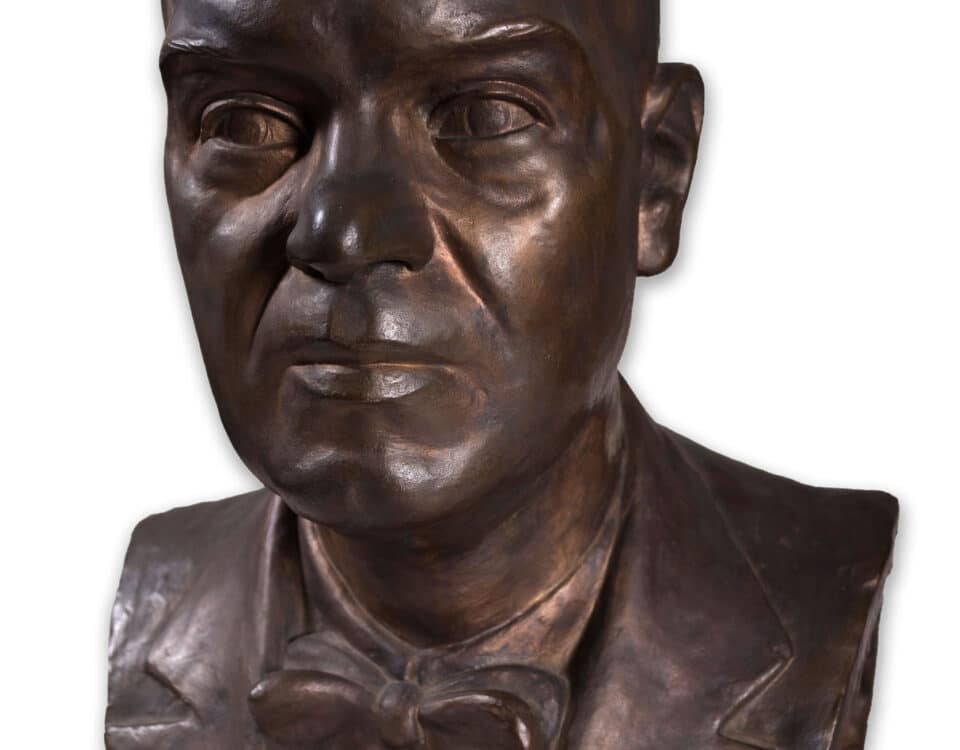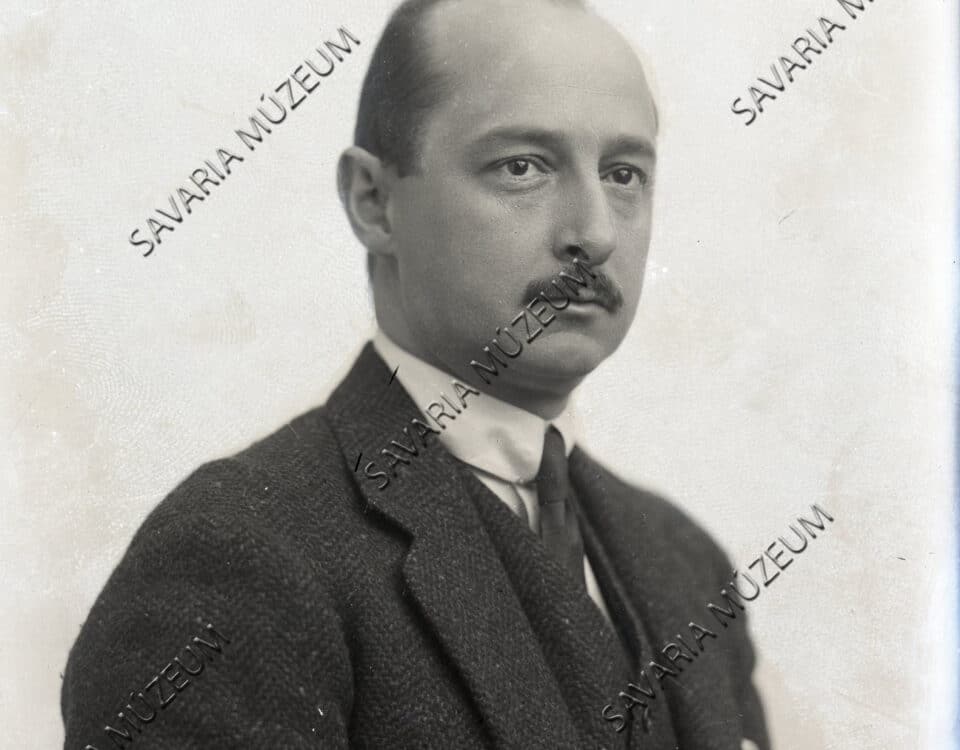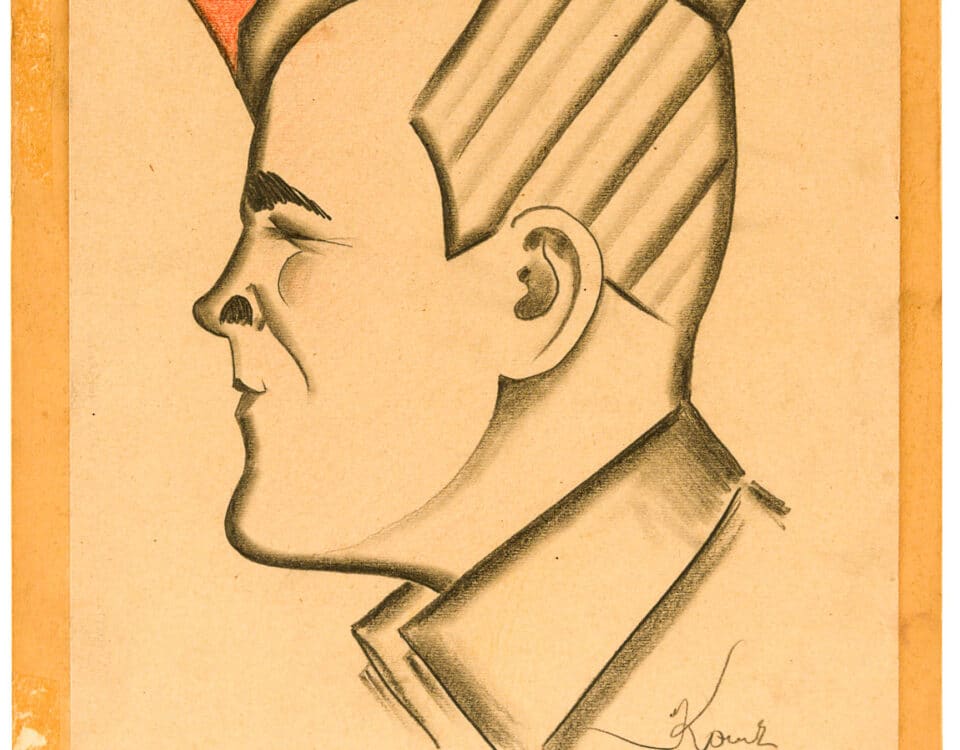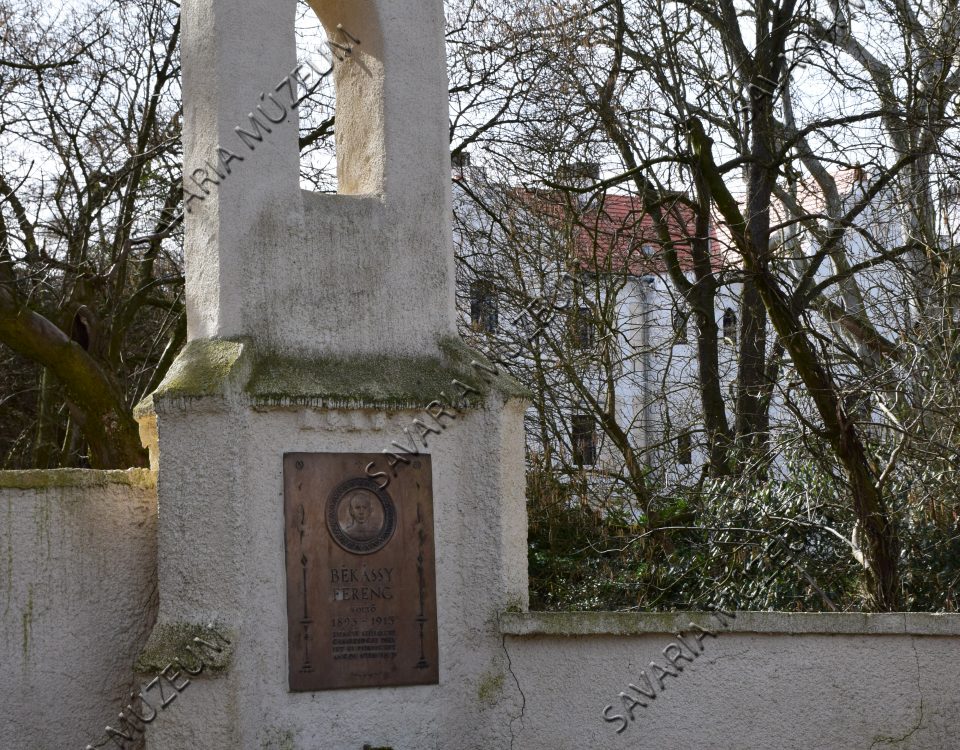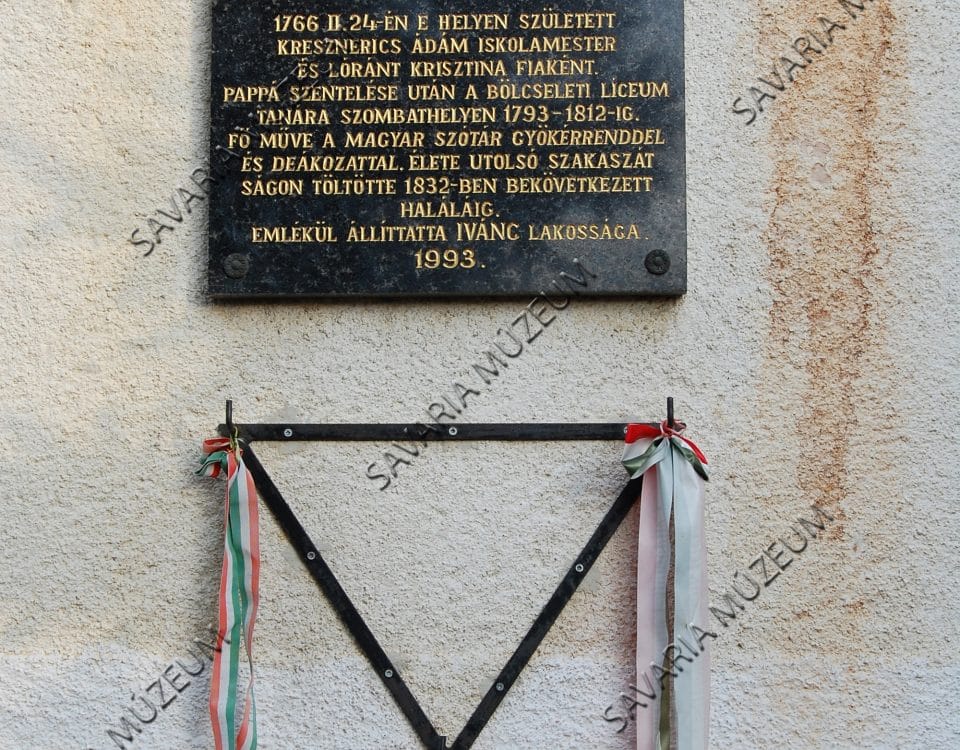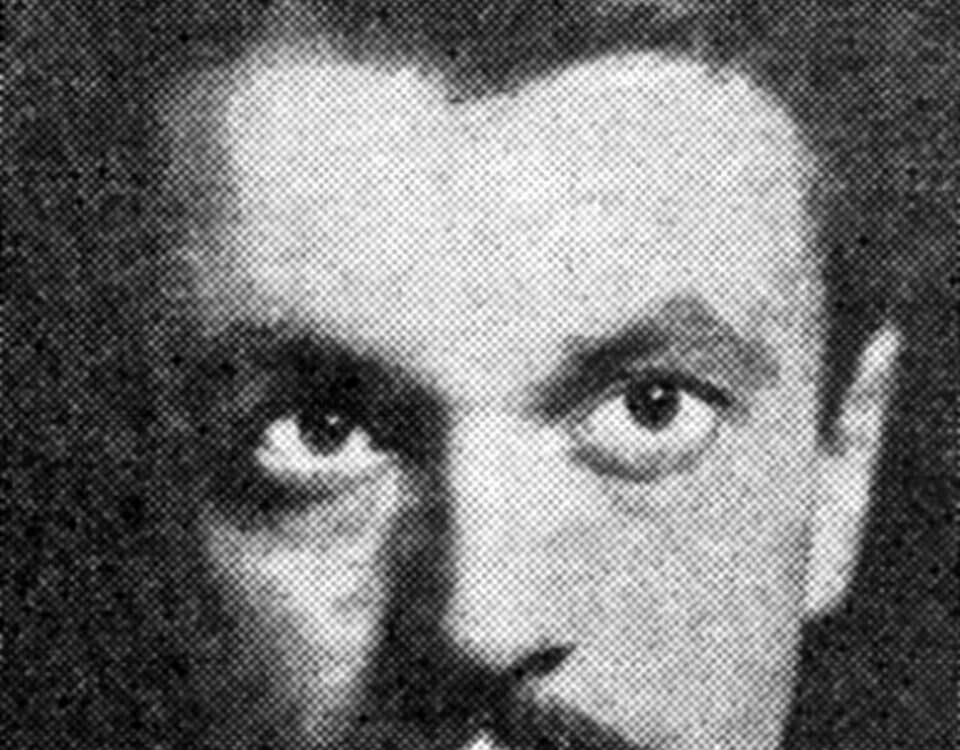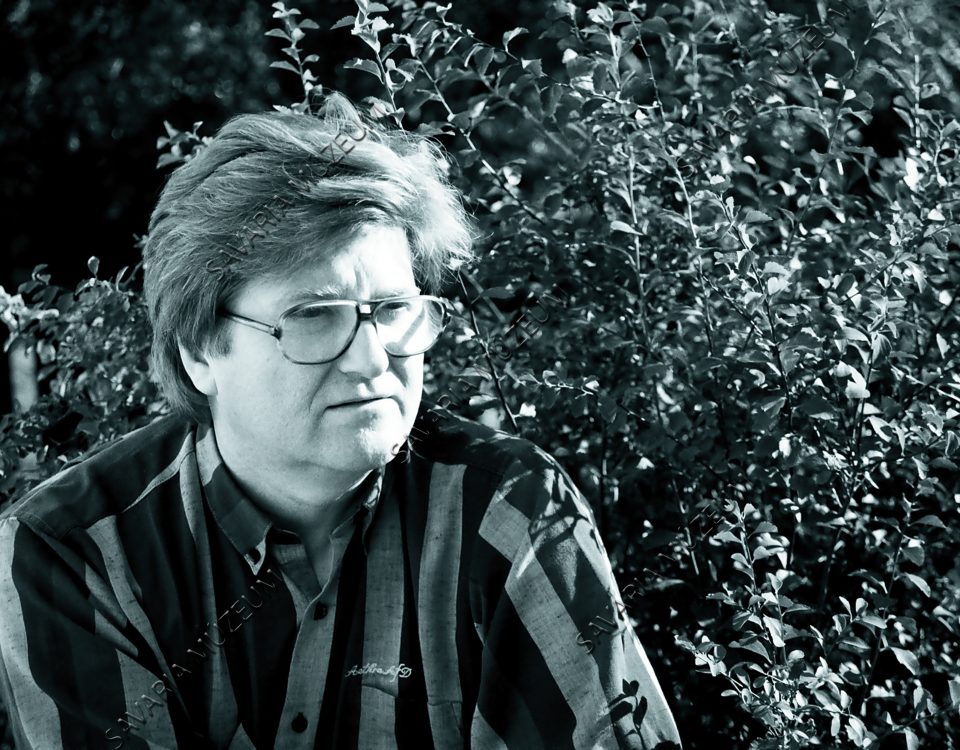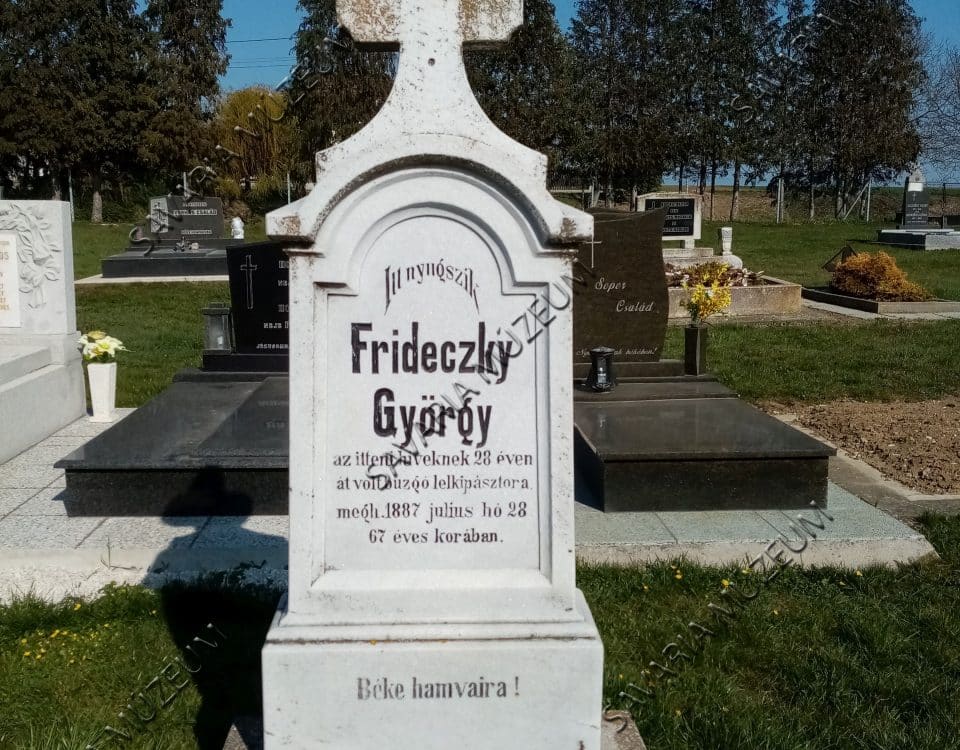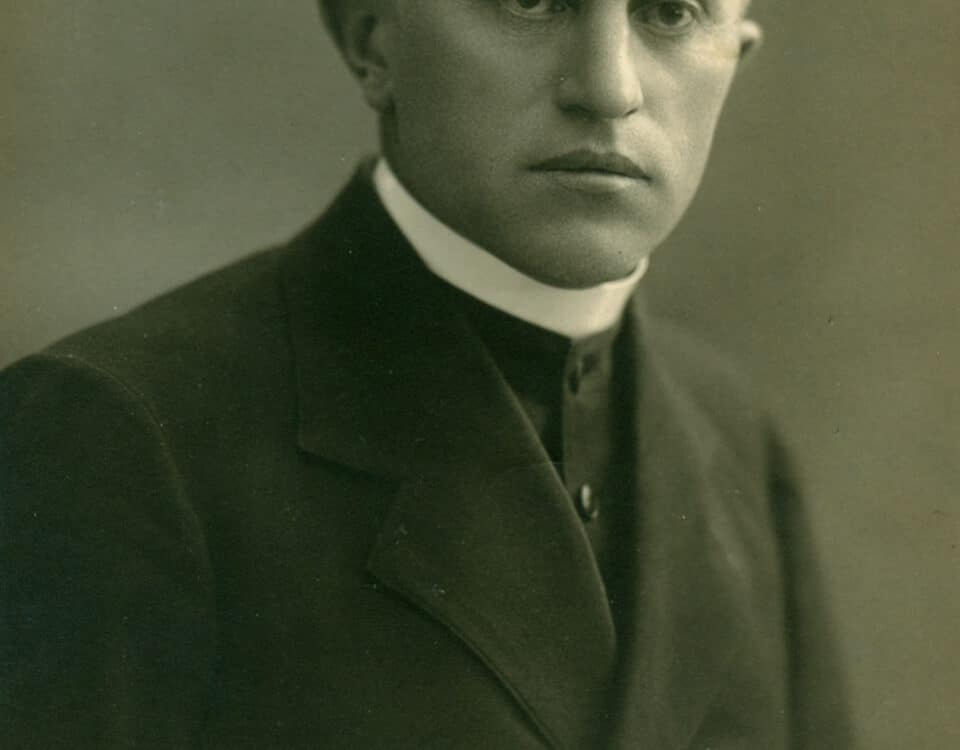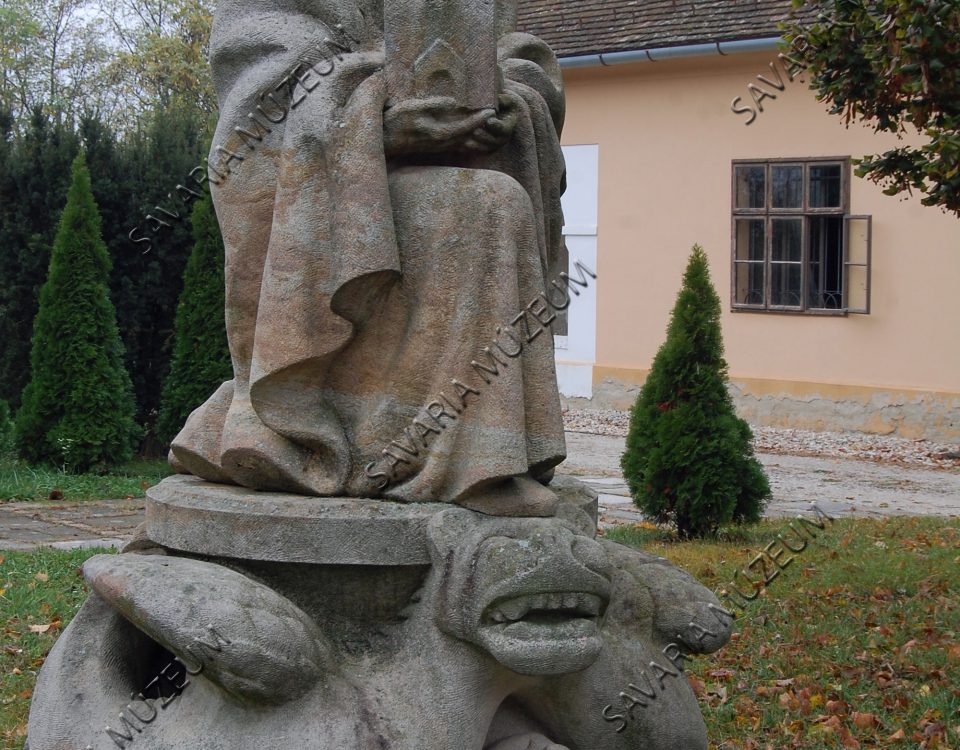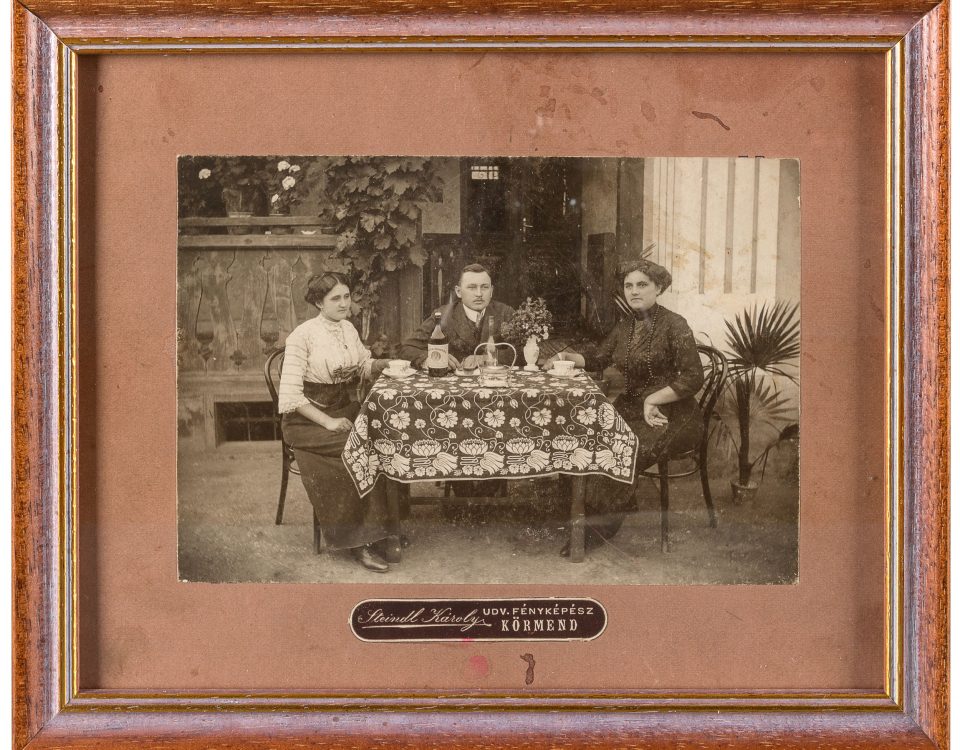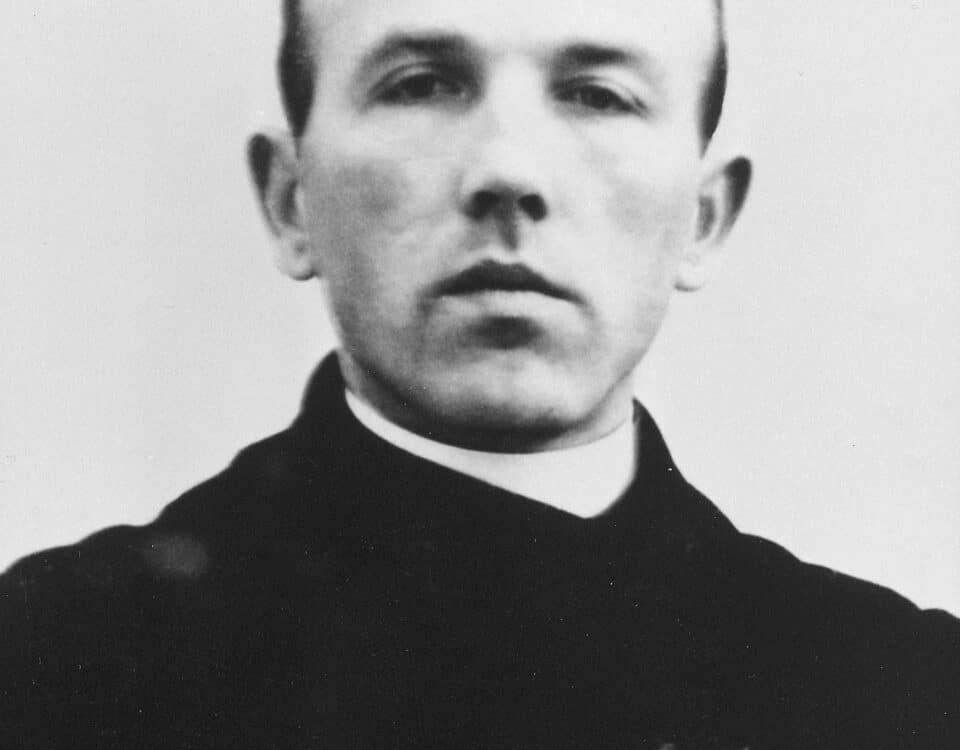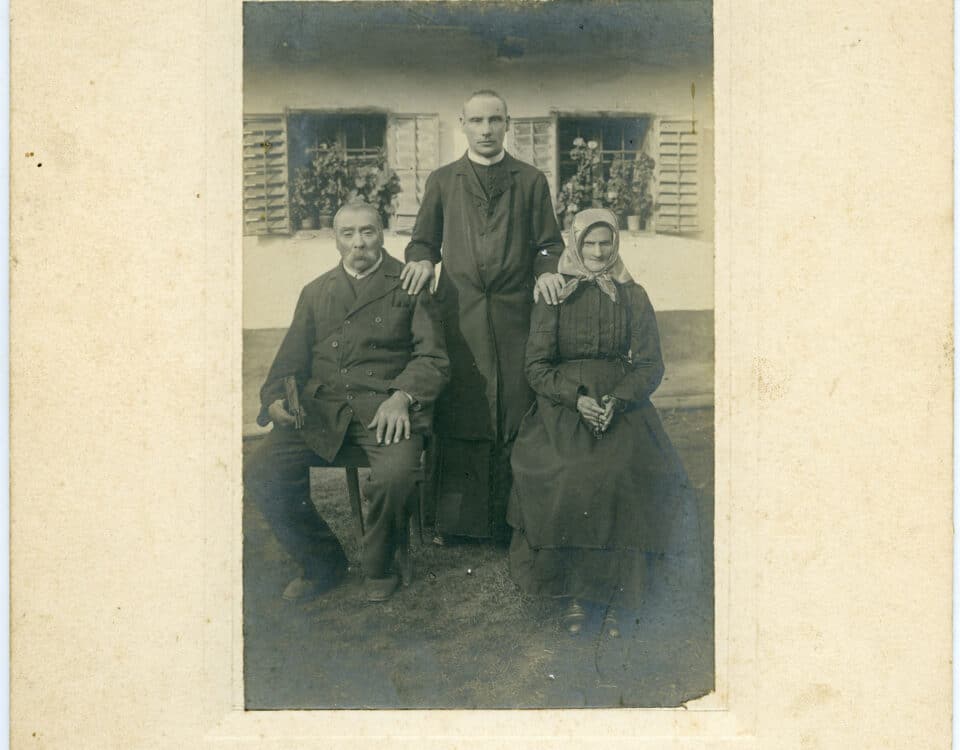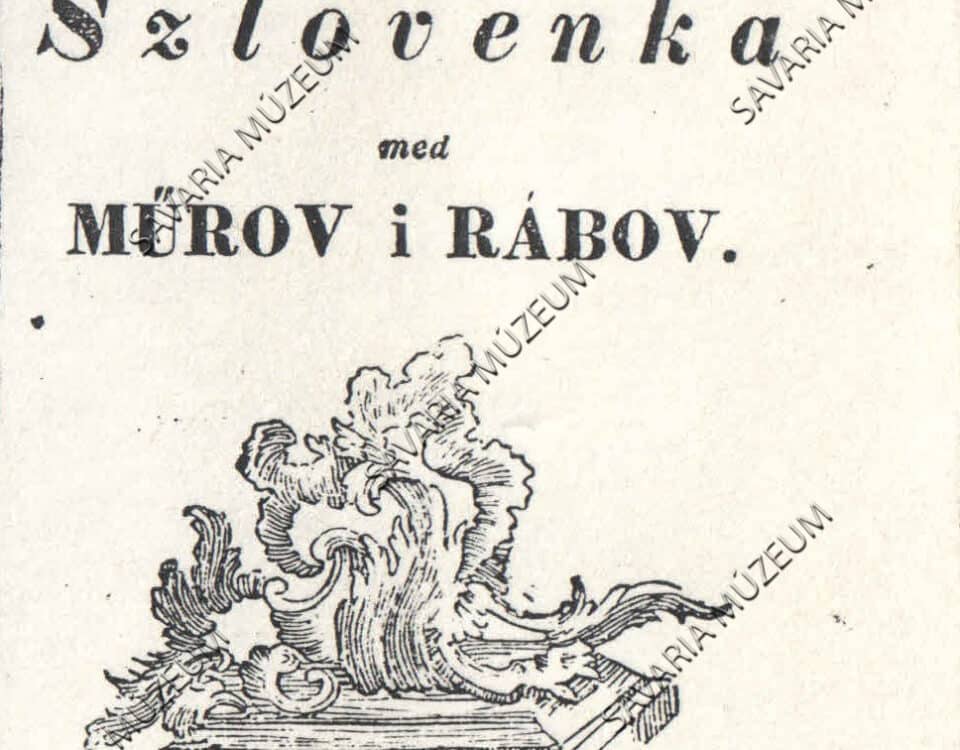Review of documented digitizers
14. May, 2020
Avgust Pavel was born in Cankova, where stands the house he was born in. Later, his family moved to Skakovci and from there to Potrno (Laafeld in Austria). Avgust finished (secondary) school in Szentgotthárd and Szombathely and went to study linguistics at the university in Budapest, where he earned his doctor's degree. He taught at…
30. April, 2020
Politician, from 1904 member of the House of Lords. In 1919 he was one of the leaders of the Anti-bolshevist Comité in Vienna. He was appointed Commissioner-General of Transdanubia, owing in particular to the fact that after the Trianon Treaty a referendum was held in Sopron and in the neighboring villages to decide their affiliation.…
8. April, 2020
He wrote his book “A véres Don”, owing to which he was forced to live as a second-rate citizen until the change of regime. He wrote thousands of articles, published 8 books, was a member of the editorial board of the Vasi Szemle scientific journal, and editor of the Vasi Helytörténeti és Honismereti Közlemények. He…
8. April, 2020
She came from a Reformed family of pastors. She graduated from the Kőszeg Lutheran Grammar School, obtaining her degree as primary school teacher in Pápa, and her degree as secondary school teacher in Pécs. Between 1949 and 1955 she was a political prisoner in Siberia. In 1961, she created a school collection and with the…
15. May, 2020
Ferdo Godina published his first stories in Novine. He was a law student, he collaborated with liberal societies, he was the editor of Mladi Prekmurec, he wrote for different newspapers and he published his prose. In 1941, he joined the Partisans and, from 1944, he was involved in organising the resistance in Prekmurje. After the…
21. July, 2020
Hungarian poet, essayist, hussar. Descendant of old noble families. He studied and graduated in England. He was a member of the Cambridge Apostles, an exclusive club of the most prominent members of Cambridge University. His first poems were published in England. He wrote both in English and Hungarian: poetry, essay, study. At the outbreak of…
30. April, 2020
He was born in Ivánc, where his father was a teacher and clerk. He attended high school in Szombathely and Sopron, then studied at the Royal Academy of Philosophy in Bratislava. In 1790 he was ordained a priest. From 1791 to 1792 he served as a chaplain in Ivánc, at which time he met József…
19. May, 2020
Feri Kühar attended the Technical School (Polytechnic) in Ljubljana. His teacher, France Kralj, academic painter and sculptor, brought the socio-peasant genre to sculpting and the first sculptor from Prekmurje followed his example. Images of peasant women, men and children in wood, terracotta, patinated plaster and, only rarely, in steel are his best works, but he…
3. March, 2020
Gáspár Nagy was born on May 4, 1949 in Bérbaltavár. 1976-80: editor of Móra Ferenc Publishing House, 1981-1985: secretary of the Hungarian Writers' Union, 1985 - secretary of the Bethlen Gábor Foundation, from 1988 was the editor of the Hitel journal, from 2004 he was the head of the cultural editorial office of the Magyar…
18. August, 2020
Born in Vál, graduated in Zagreb in theology, Frideczky served in the Zagreb diocese until 1849. From March 1848 to August 13, 1849 he was a pastor of the Sándor Infantry Regiment, and until October 1850 he was a pastor of the Graz Military Hospital. Then he came to the Diocese of Szombathely: From 1860…
15. May, 2020
Ivan Jerič was a priest and committed supporter of the Slovenian national interests. He fought in the 1. World War. He was actively involved with the movement of the annexation of Prekmurje to the Kingdom of SHS and fought alongside General Maister. He studied theology in Maribor. He was ordained a priest in 1924. He…
18. August, 2020
Builder of the Ják Monastery and Church. He was the Bailiff of Zala, was born in Vasvár (1215-1245). Ban of Slavonia (1224). We do not know the dates of his birth and death. When the church was consecrated in the spring of 1256, he was no longer living. Probably it his funeral that is depicted…
15. May, 2020
The Benko family owned the pub and butcher shop in Tešanovci. In 1913, they relocated the shop to Murska Sobota and Jožef turned it into a meat plant, which developed into one of the most modern industrial plants in the country. Benko established a bank, published a newspaper, named Murska krajina, was at the head…
15. May, 2020
Jožef Godina fought in Austro-Hungarian units in the First World War and, in 1918, he joined the ranks of General Maister. He collaborated in the efforts for the occupation of Prekmurje, where he was captured and sentenced to death, but managed to flee. In 1925, he finished his degree in theology and was a priest…
15. May, 2020
After finishing his theology studies in Szombathely in 1897 and his first mass in Tišina, he was chaplain in several parishes and a parish priest in Pečarovci. He retired in 1910 and moved to Črenšovci. Then began his fruitful political work, alongside his work as an editor and writer. He was the opinion leader of…
18. August, 2020
He studied in Kőszeg and Szombathely, in 1811 he was ordained a priest. Between 1816 and 1829 he was a parish priest in Alsószölnök, and from 1829 until his death in Felsőszölnök. He is buried there. The monograph and etiquette written by him also contains a lot of ethnographic data on Slovenes living between the…

